Timea Junghaus
Executive Director of the European Roma Institute for Arts and Culture (ERIAC)
Commemoration Speech on the occasion of the European Holocaust Memorial Day for Sinti and Roma on August 2, 2021
“The lack of recognition of the Roma Holocaust reflects the longstanding discrimination faced by Sinti and Roma communities. The Roma Holocaust Memorial Day is thus an important rallying point for the community and advocates of anti-racism to challenge ongoing hate speech and violence against Roma, which persists until the present day, particularly in response to the rise of populism, antigypsyism and far-right across Europe in recent years.”
Every year on August 2nd Sinti and Roma worldwide come together to commemorate the more than 500,000 Romani people, the Romani victims of the genocide, which took place during the Second World War. On this day, in 1944, 4,300 Sinti and Roma were murdered at the concentration camp Auschwitz Birkenau.
Exactly six years ago, in 2015, the European Parliament passed a resolution to declare August 2nd as the European Holocaust Memorial Day. Yet, the Holocaust of Sinti and Roma remains largely unknown: many European member states still did not follow the EP resolution in recognizing Roma Holocaust, there are many countries who still did not erect a monument to commemorate the victims and survivors and the Roma Holocaust is not part of the school curricula, thus it remains largely unknown.
The lack of recognition of the Roma Holocaust reflects the longstanding discrimination faced by Sinti and Roma communities. The Roma Holocaust Memorial Day is thus an important rallying point for the community and advocates of anti-racism to challenge ongoing hate speech and violence against Roma, which persists until the present day, particularly in response to the rise of populism, antigypsyism and far-right across Europe in recent years.
Today, Roma communities continue to face hate speech and hate crimes. Among the issues Roma face are forced sterilization of Roma women, segregation practices, verbal and physical abuse in healthcare facilities, police brutality, forced evictions, school segregation and inadequate housing. Most recently, the death of Czech Roma, Stanislav Tomáš, at the hands of police authorities, has sparked protests around Europe against the widespread antigypsyism faced by the community, even at the hands of those authorities meant to protect citizens and communities.
The European Roma Institute of Arts and Culture (ERIAC) and a transnational network of Roma movements and institutions, commemorates with a series of offline and online events across Europe via the proudroma.org campaign:
On the occasion of the commemoration of the Roma Holocaust Memorial Day, ERIAC and we call on governments and the international community to:
To take action for the compensation of the victims,
Recognize formally the 2nd August as the official Holocaust Memorial Day for Sinti and Roma;
Build, honor and preserve monuments and memorial sites dedicated to the Sinti and Roma victims of the Holocaust;
Invest into museums, research centres and other institutions dedicated to the memory of the Roma Holocaust, Roma History and Roma Culture;
Make Roma history and culture part of educational curricula;
Acknowledge antigypsyism as a specific form of racism targeting Roma communities and adapt diverse preventive and reactive tools to fight it!
2 August 2021
Statements 2021
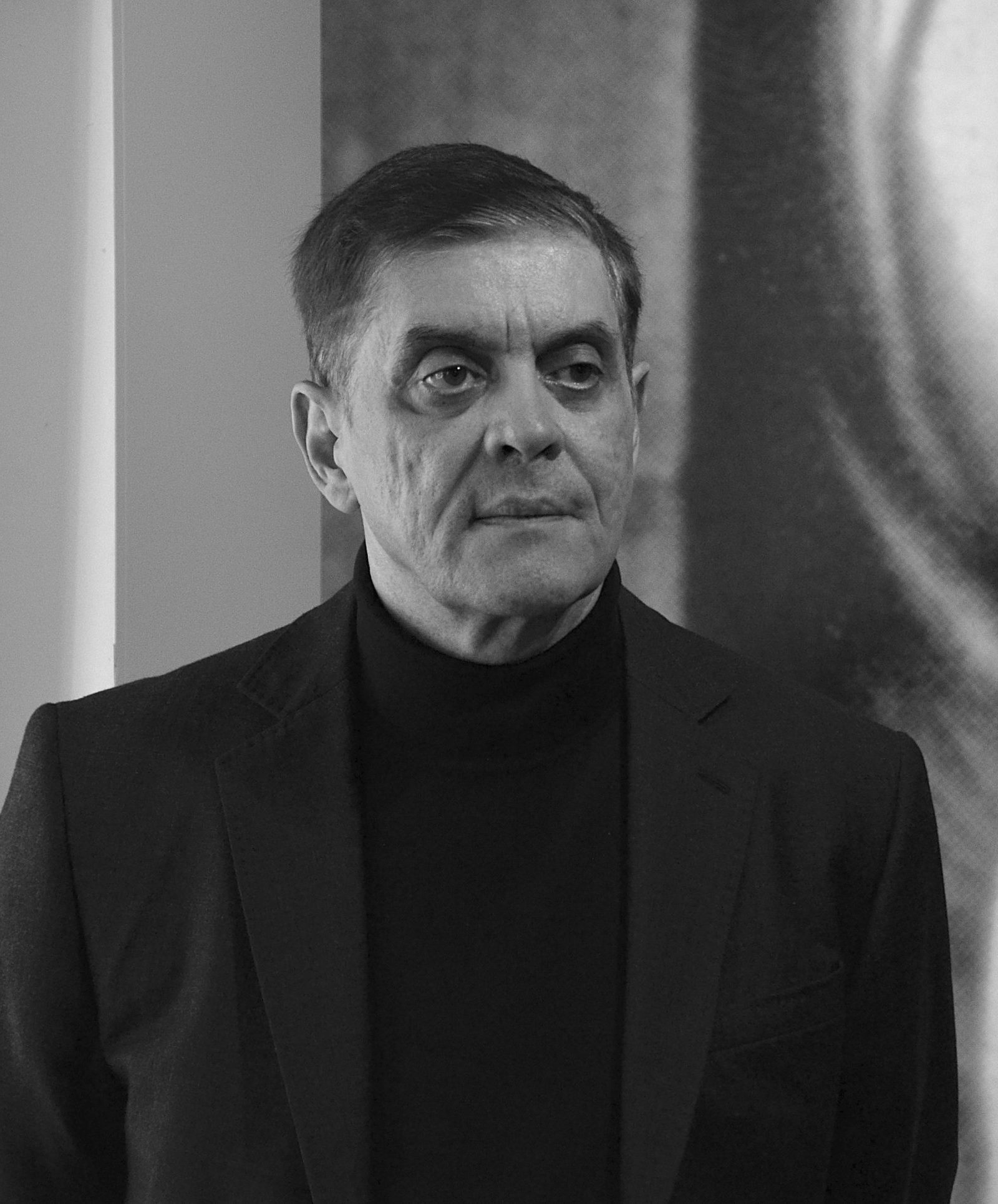
Romani Rose
Śerutno e Centralone Sombeśesqo e Germanikane Sintenqo aj Rromenqo

Katarina Barley
Vice President of the European Parliament

Helena Dalli
Komisàrka e EU-aqi vaś o barabaripe
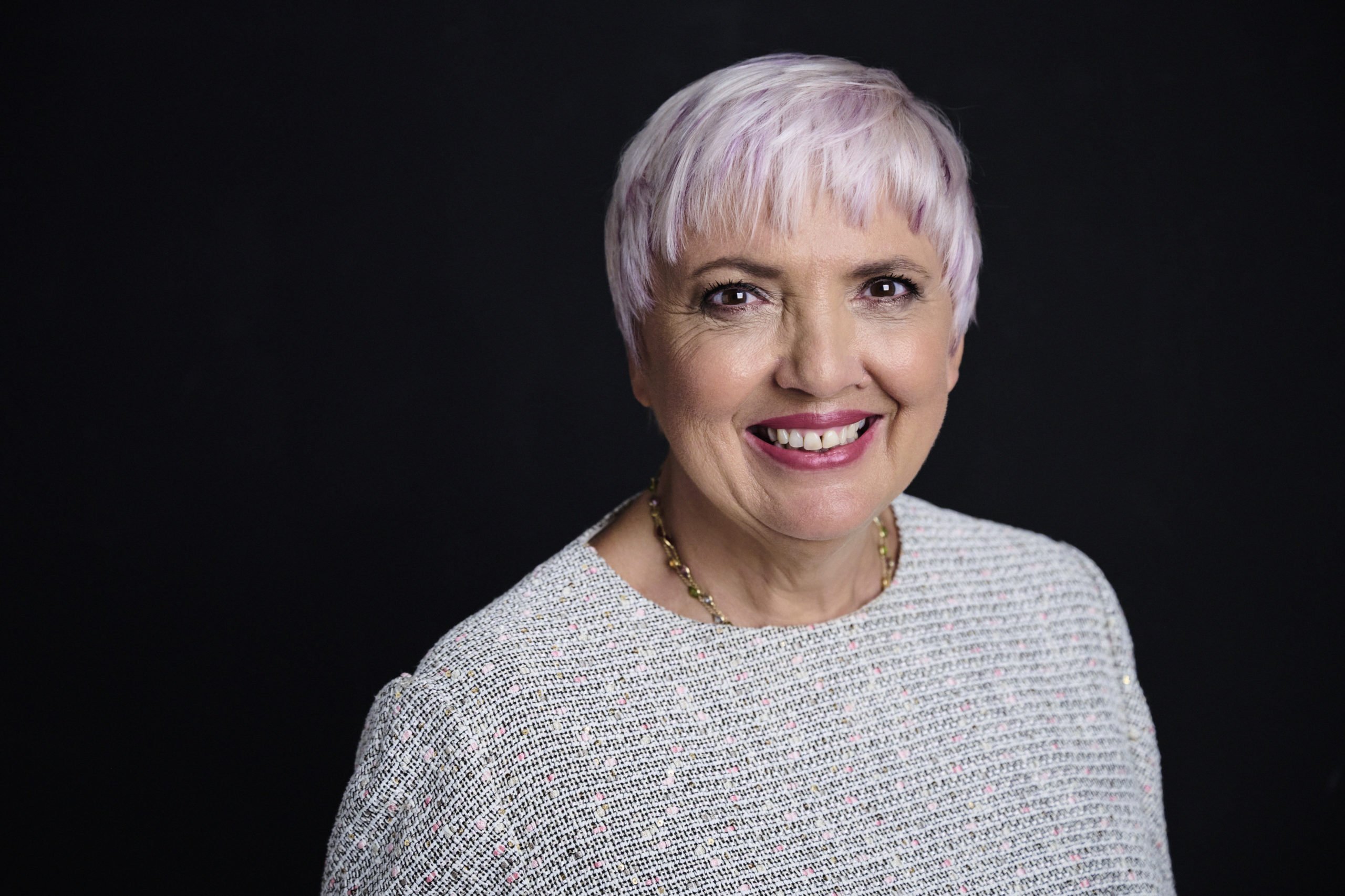
Claudia Roth
Vice President of the German Bundestag
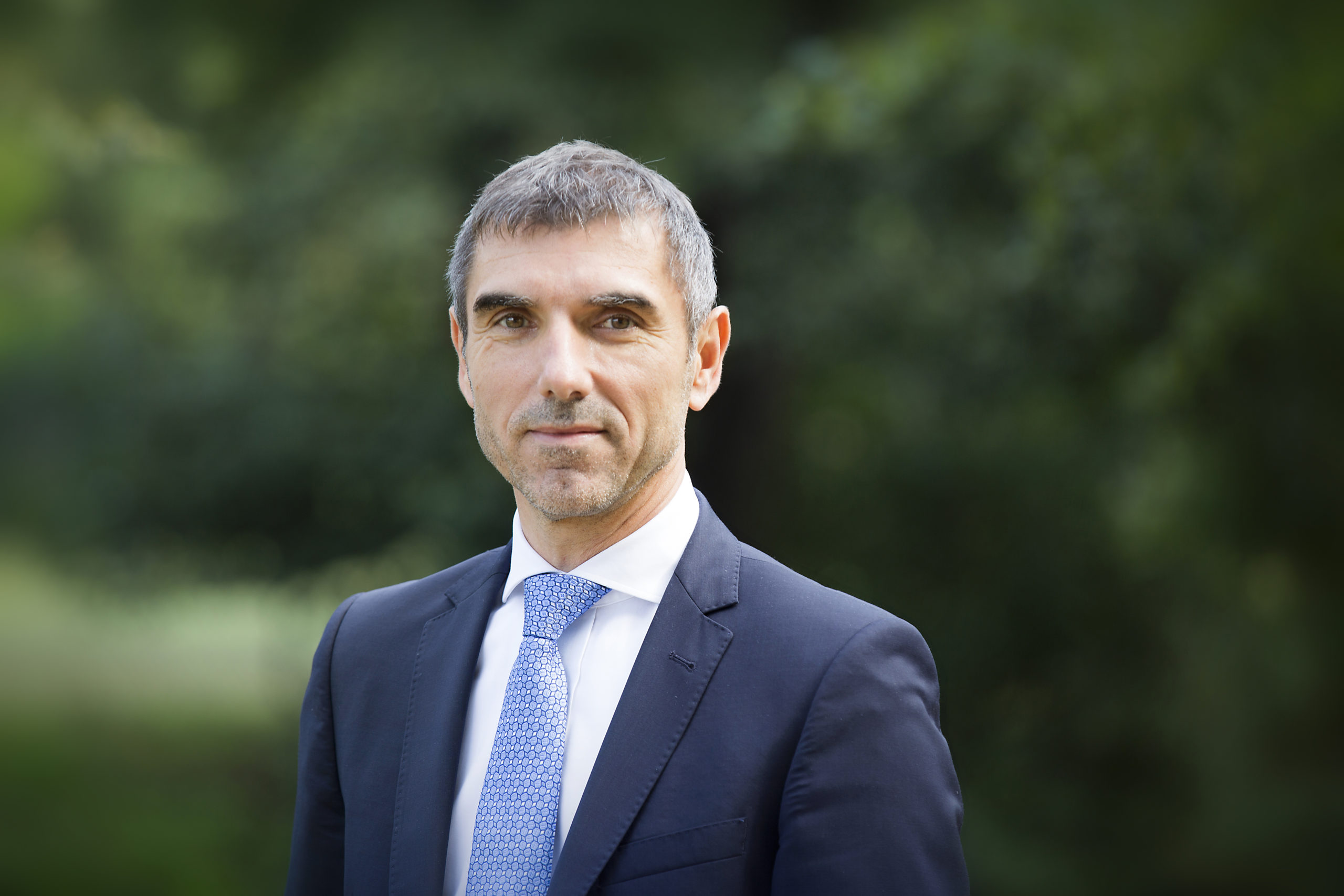
Paul Blokhuis
Dutch State Secretary Paul Blokhuis
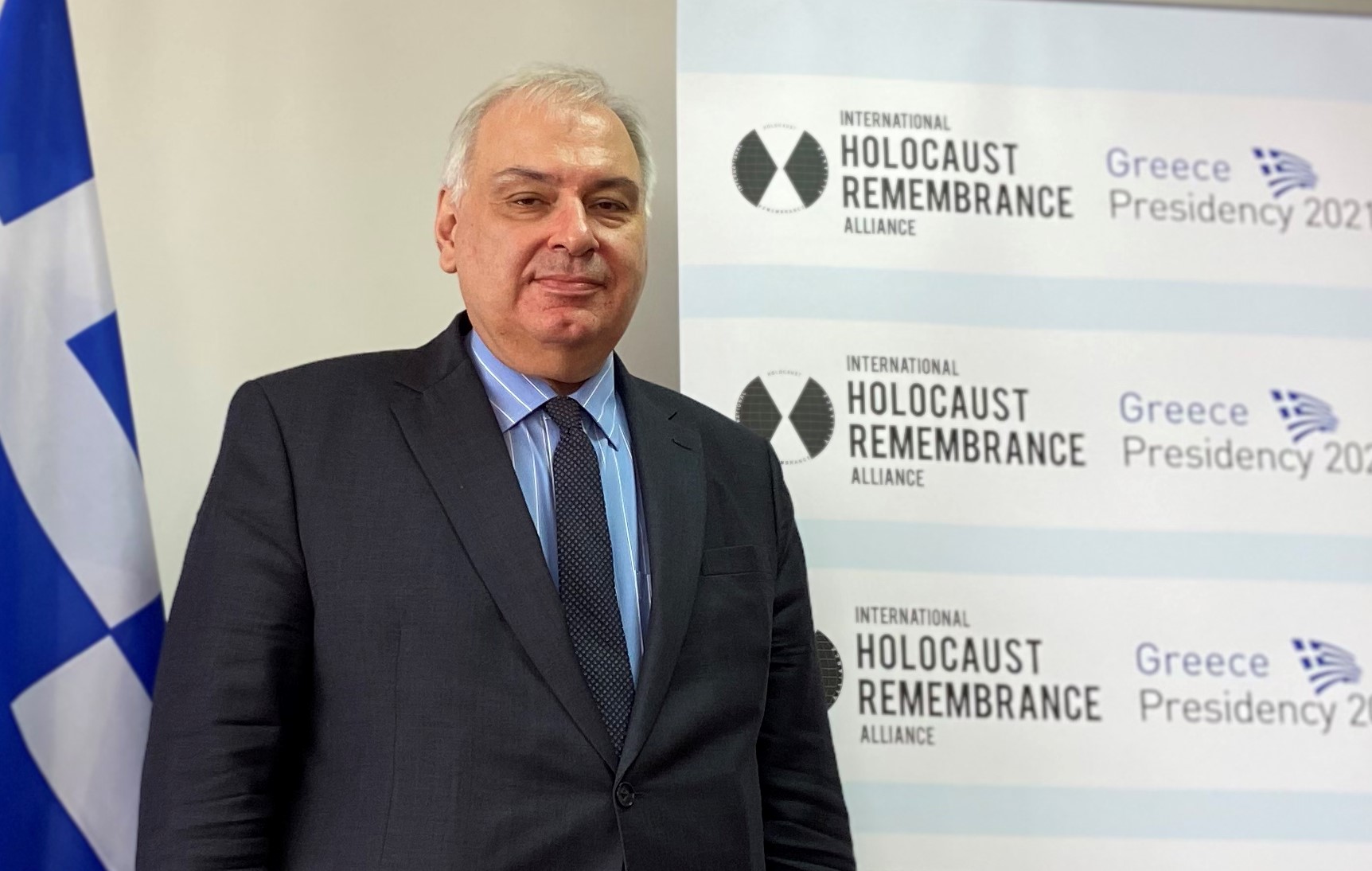
Chris J. Lazaris
Amb. Chris J. Lazaris, IHRA Chairman
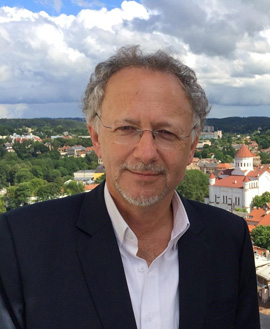
Fernand des Varennes
UN Special Rapporteur UN minorities
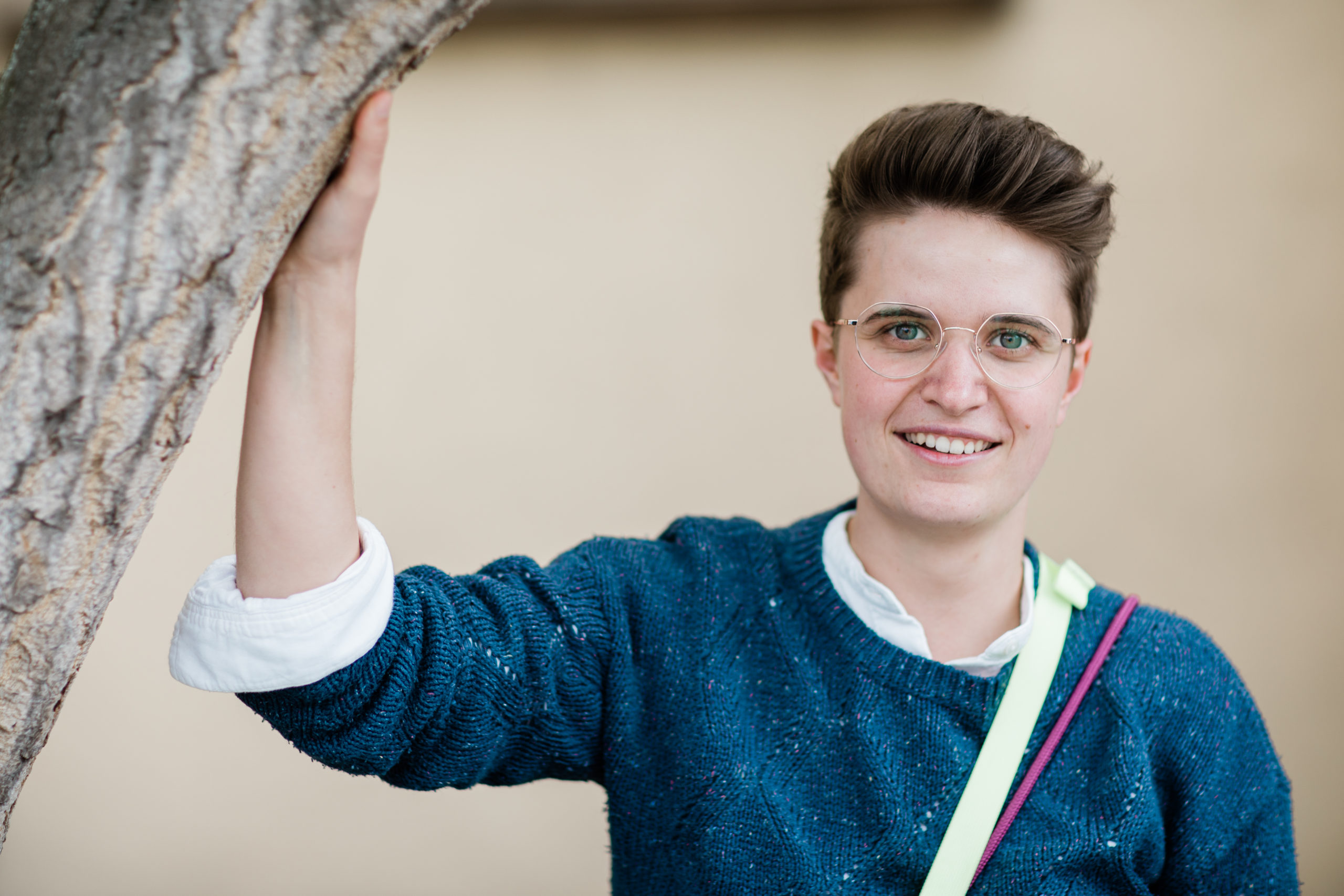
Anna-Nicole Heinrich
President of the Synod of the Evangelical Church in Germany (EKD)

Justin Trudeau
Prime Minister of Canada
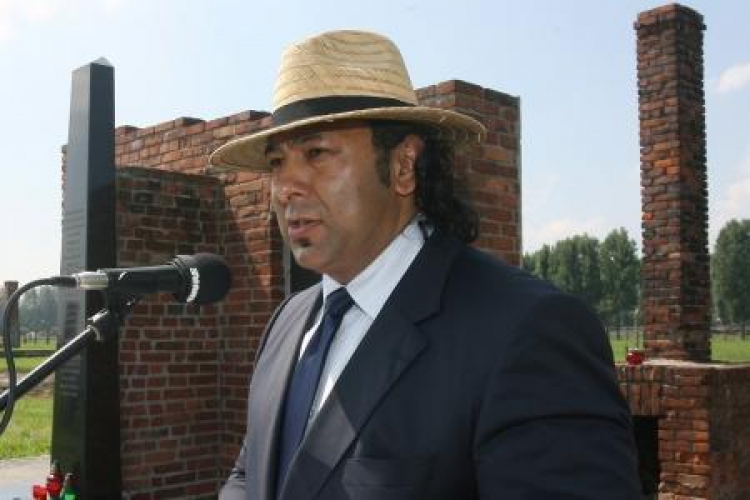
Roman Kwiatkowski
Chairman of the Association of Roma in Poland
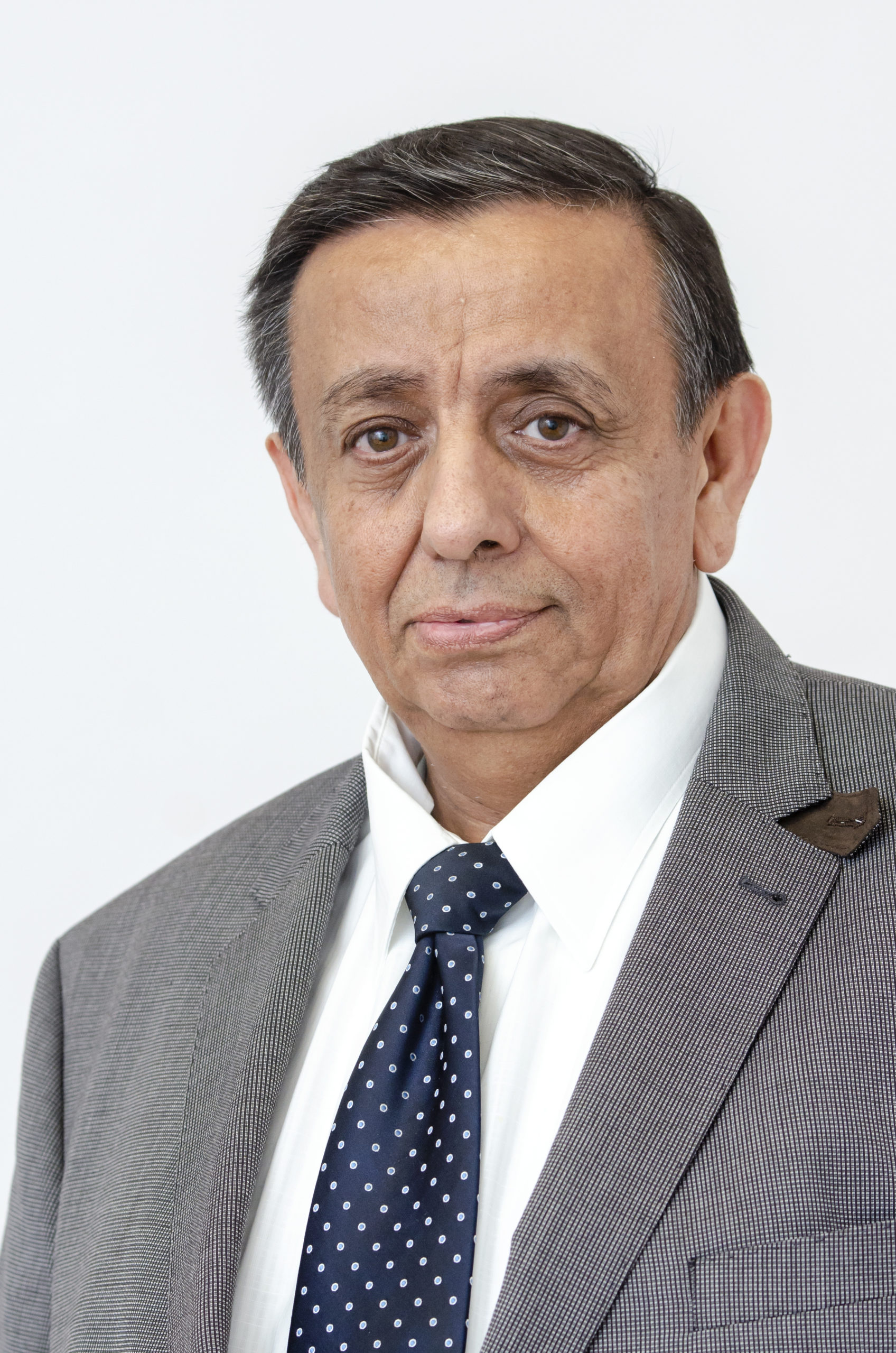
Erich Schneeberger
Deputy Chairman of the Documentation and Cultural Center of German Sinti and Roma and Chairman of the Association of German Sinti and Roma

Timea Junghaus
Executive Director
European Roma Institute for Arts and Culture (ERIAC)
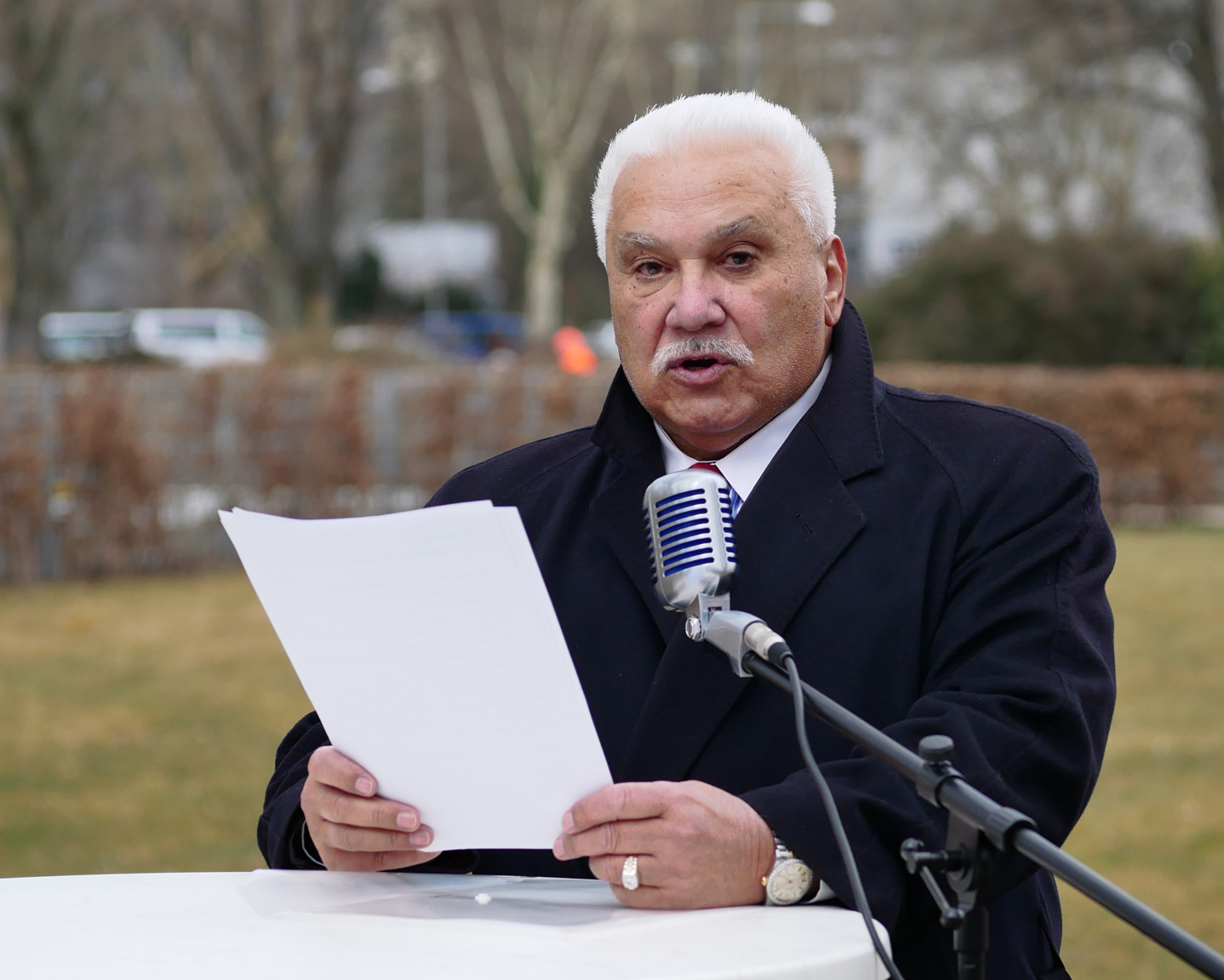
Adam Strauß
Chairman of the Council of German Sinti and Roma in Hesse
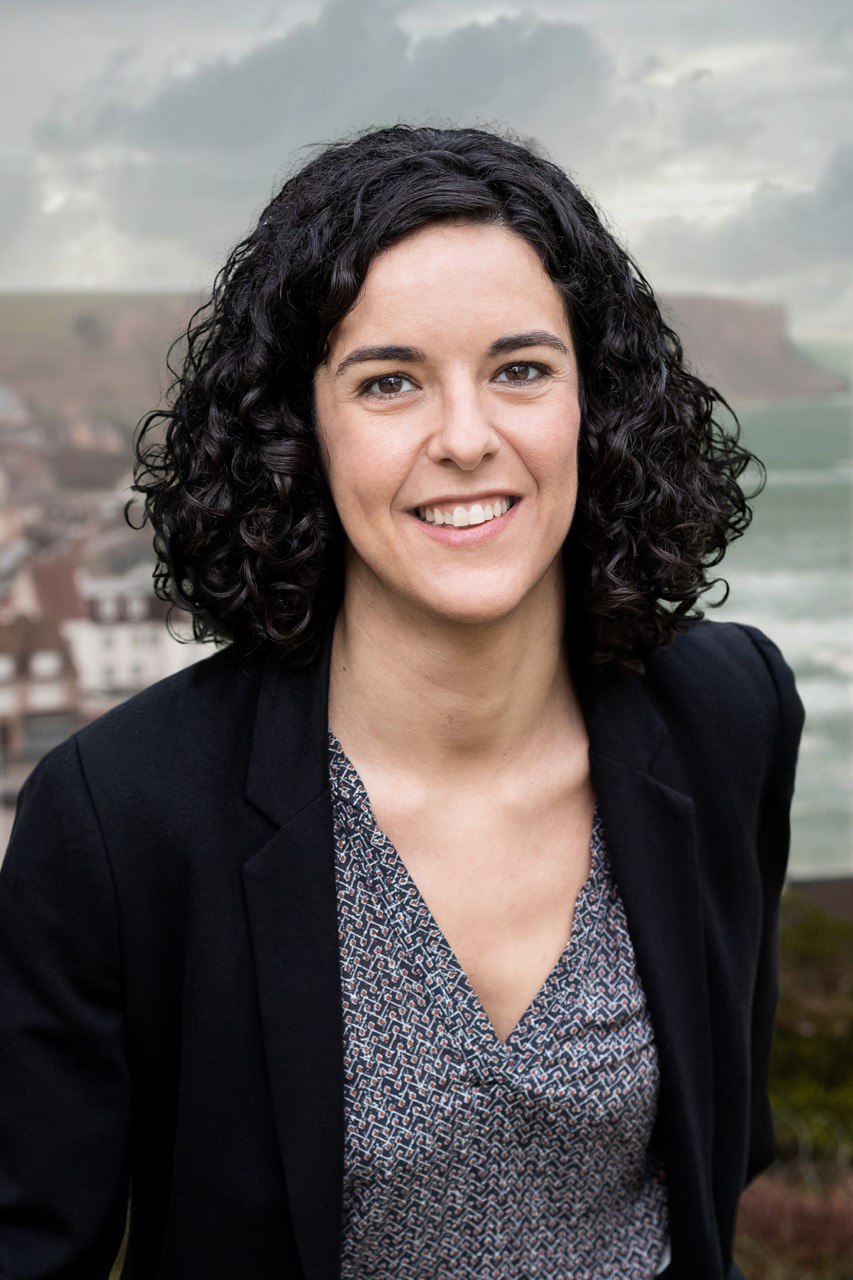
Manon Aubry
Manon Aubry, MEP
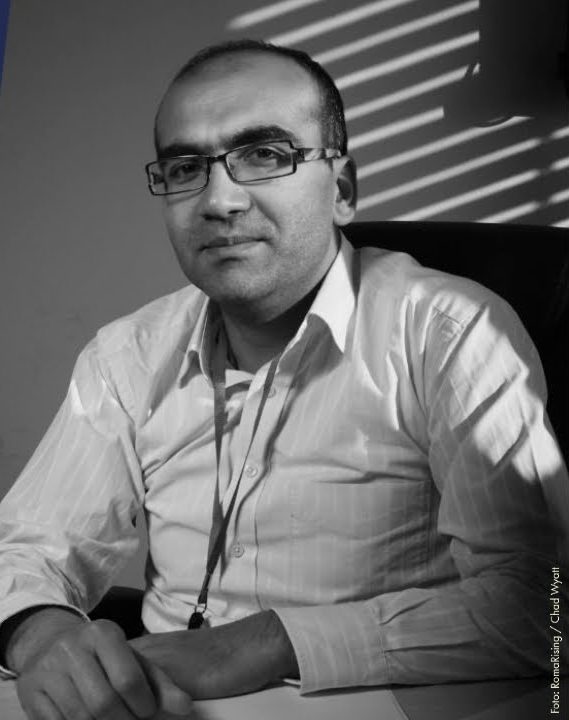
Adrian-Nicolae Furtuna
Historian at the University of Bucharest
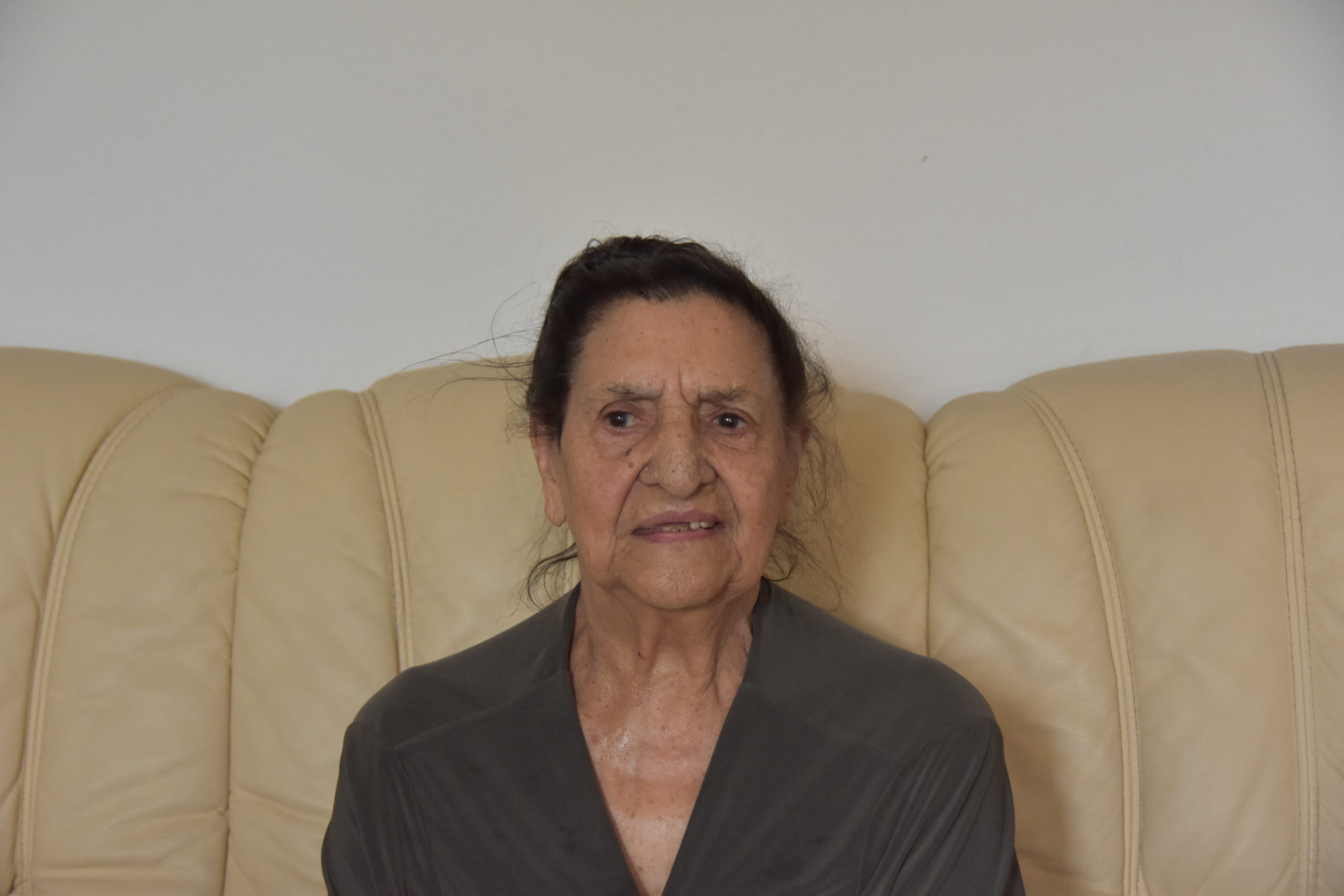
Philomena Franz
Holocaust Survivor

Angelina Kappler
German former Weinkönigin
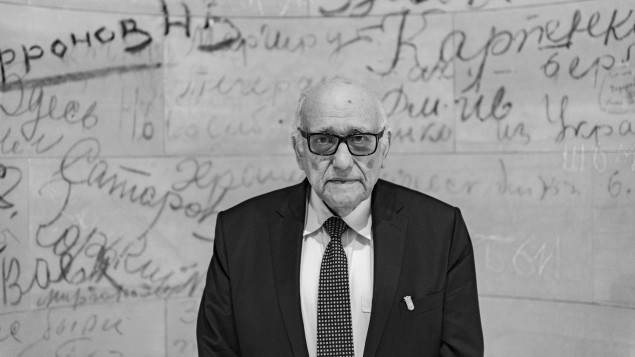
Marian Kalwary
Chairman of the Association of Jews,
Survivors and Victims of the Second World War
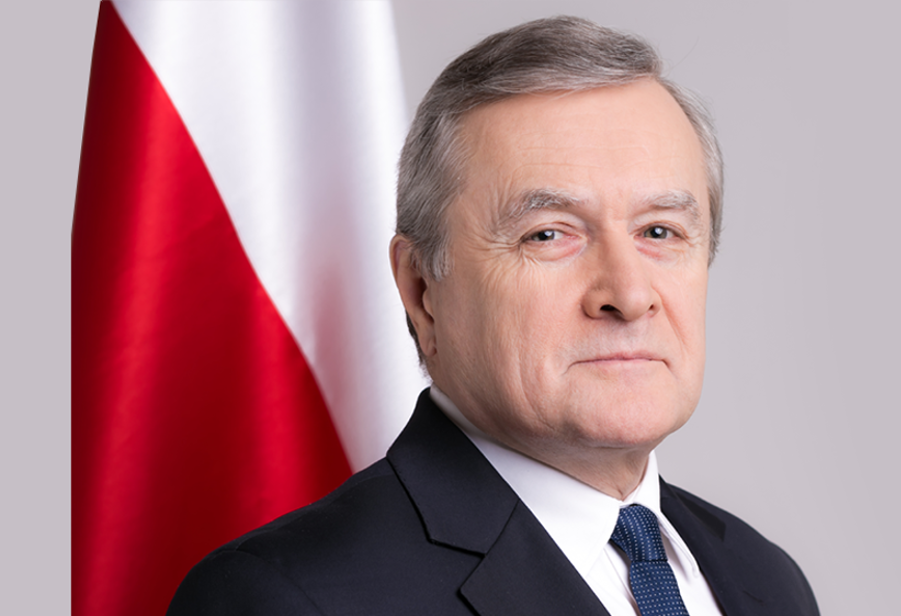
Piotr Gliński
First Deputy Prime Minister and the Minister of Culture and National Heritage of Poland

Izabela Tiberiade
Young Activist from Sweden

Ursula Krechel
Writer
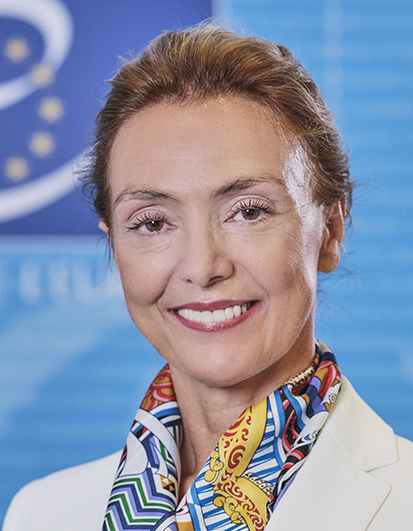
Marija Pejčinović Burić
Generàlo Sekretàra e Evropesqe Sombeśesqi
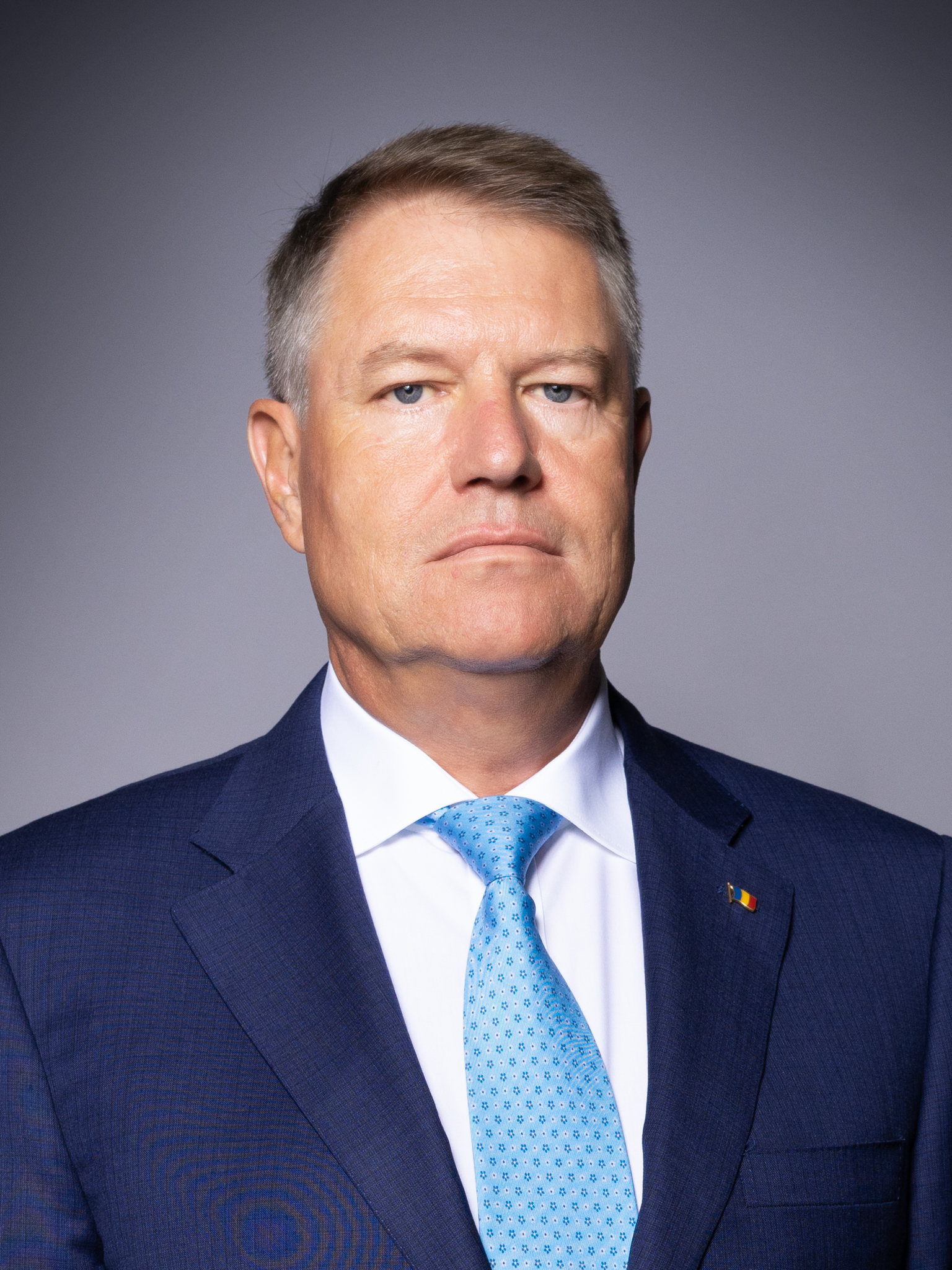
Klaus Iohannis
Prezidènti e Rumaniaqo










